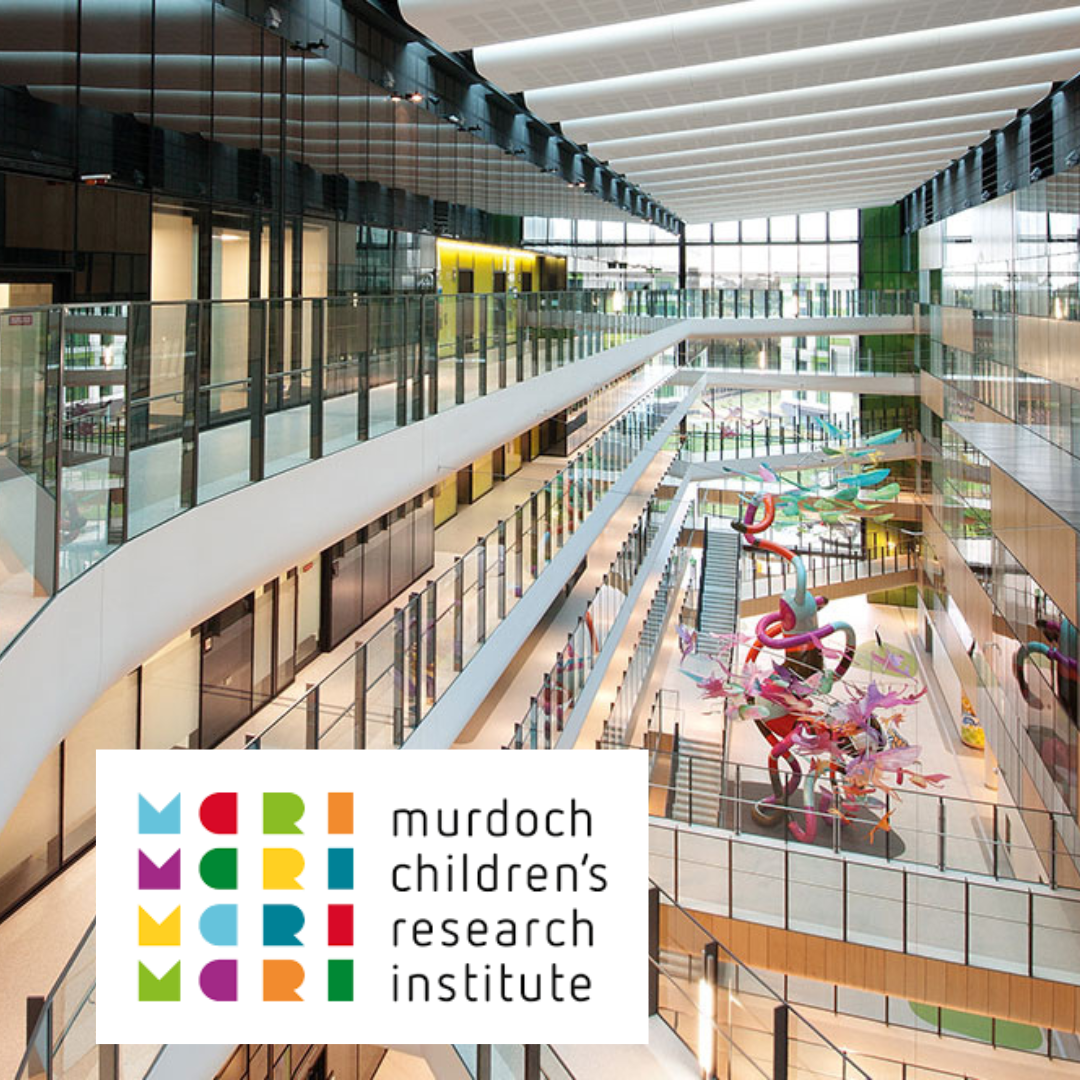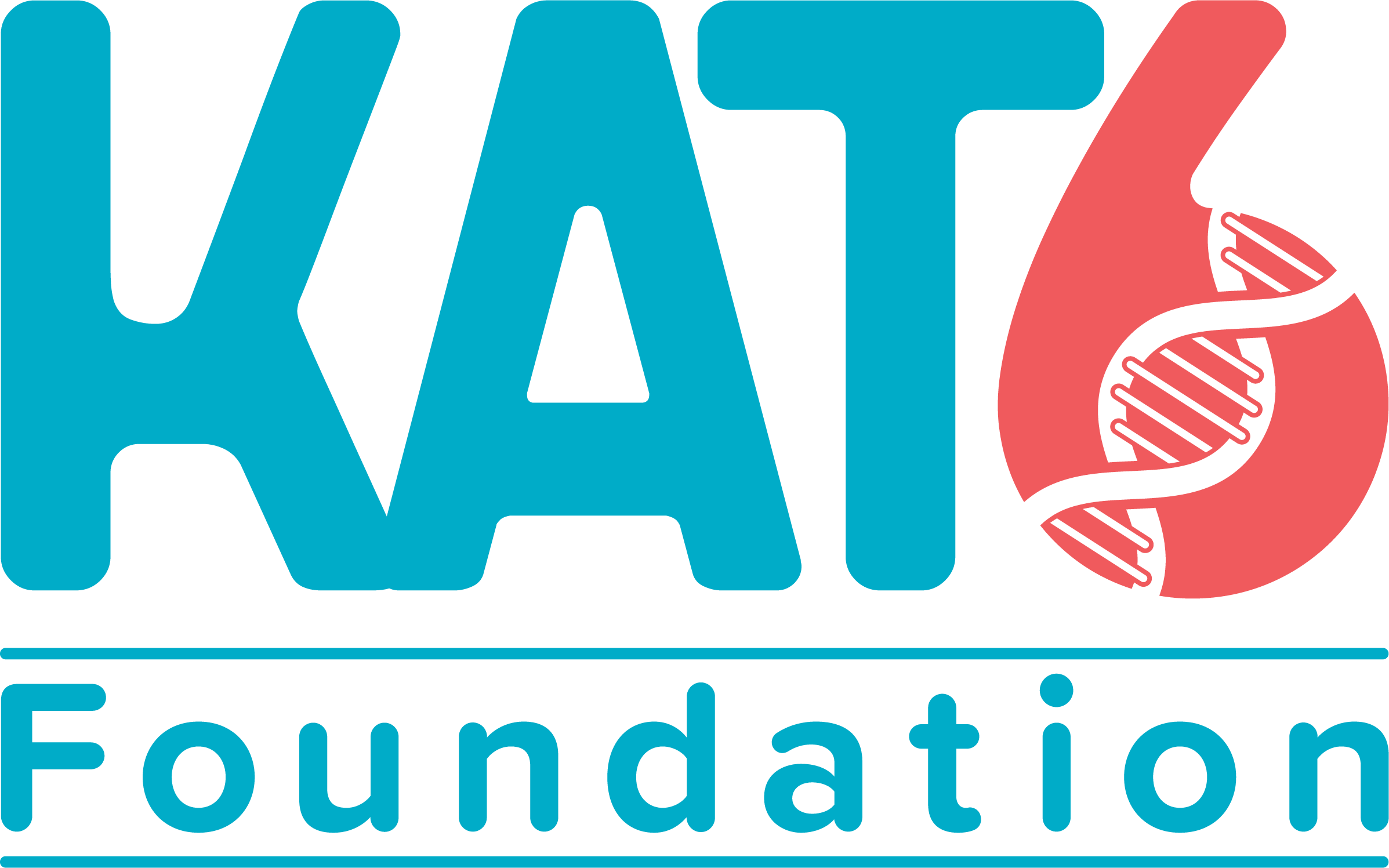
Biomarker discovery in KAT6A for translation into clinical trials
For KAT6A syndrome and other neurodevelopmental disorders, researchers are starting to understand the dysregulated cellular processes affecting neurons and their supporting cells. The Chromatin Disorders Research Team at Murdoch Children’s Research Institute is currently using a mouse model, alongside human cortical neurons to study gene expression and metabolomics KAT6A syndrome, in collaboration with Professor Anne Voss at the Walter and Eliza Hall Institute of Medical Research. This work is being led by PhD student Dr Sarah Donoghue and supervised by Professor David Amor and Professor Paul Lockhart. The goal of this project is to understand the differences in brain development that occur in KAT6A syndrome, and to identify biomarkers that may show response to treatment in clinical trials.
The team is looking to extend their work on blood biomarkers in KAT6A mice to children and adults with KAT6A syndrome. In this project, they will measure a range of molecular compounds in blood samples from human participants with KAT6A syndrome, using untargeted metabolomic and proteomic analyses. They will compare the plasma profile of 50 KAT6A syndrome participants to the plasma samples of 20 participants without KAT6A syndrome. The aim is to identify biomarkers that are detectable in the plasma of participants with KAT6A syndrome, with the hope that these can be translated for use in clinical trials, as an objective measure of treatment efficacy as the community proceeds to clinical trials.
For more information about this research, please contact Sarah Donoghue at sarah.donoghue@mcri.edu.au.
